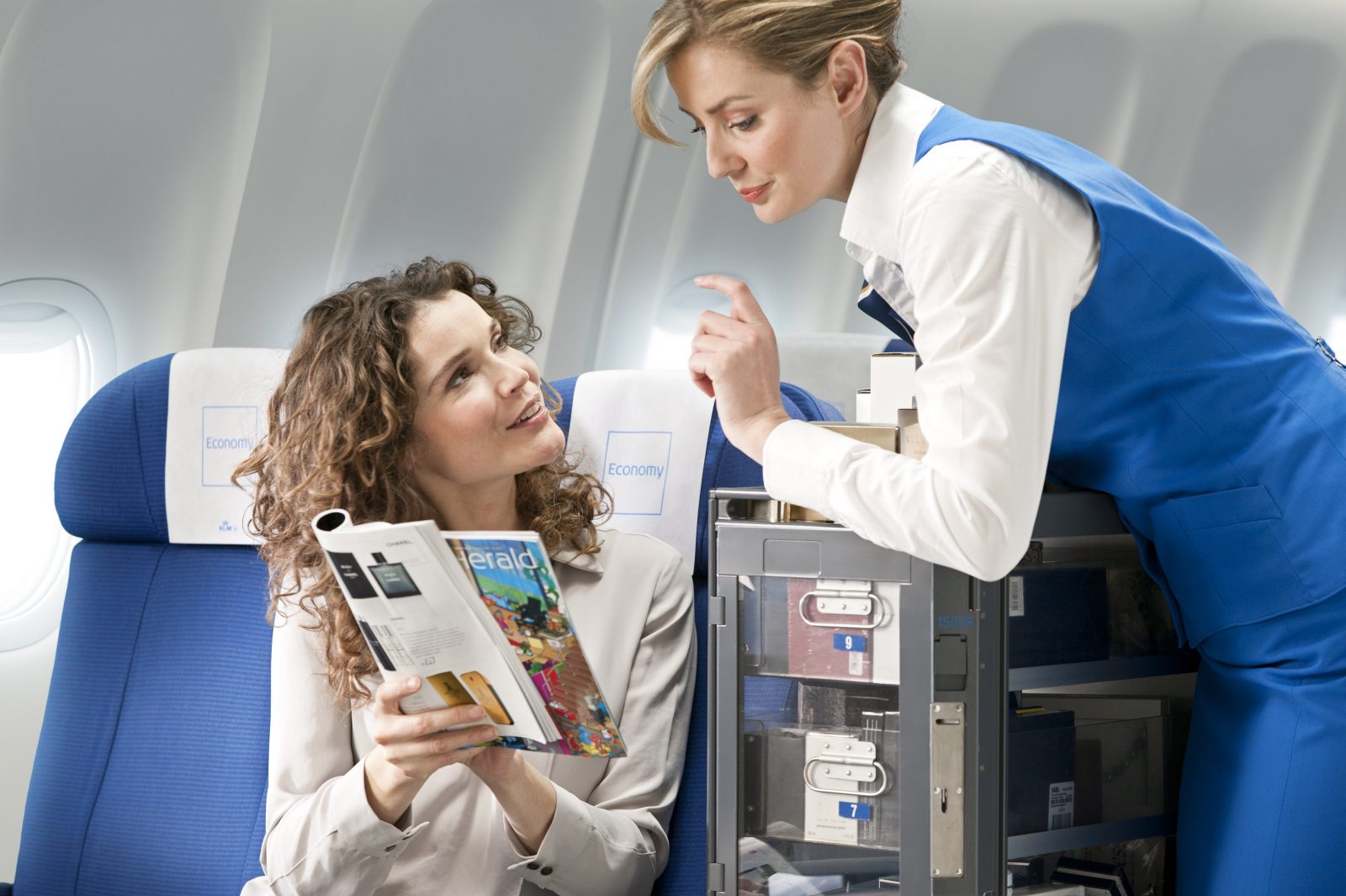
Dutch airline, KLM has decided to discontinue selling Duty-Free tobacco and cigarettes onboard its long-haul international flights, while retaining other shopping options such as liquor, fragrances and makeup. KLM joins a growing list of airlines who have drastically cut back their Duty-Free shopping catalogues or ended the practice altogether.
In a statement, a spokesperson for KLM said cigarettes would no longer be available from July 1st although its tax-free range would be extended with other options past this date. The airline cited a broad commitment to social responsibility for the decision to axe tobacco from its shopping offer.
“We at KLM feel it is no longer suitable to sell cigarettes aboard our flights. KLM supports good health and sportsmanship, which simply cannot be combined with cigarettes,” explained Boet Kreiken, who heads the airline’s Customer Experience department.
“This move reaffirms our pledge to assume our responsibility towards broader society.”
But while KLM will make it slightly harder for passengers to buy tax-free tobacco, there will certainly still be plenty of opportunities in the airport for customers to get their nicotine fix. According to the travel market research agency, m1nd-set sales of Duty-Free goods within the airport are set to rise by 7.1% annually.
What makes KLM’s move unusual, however, is that it has decided to replace the space that tobacco takes up with other Duty-Free goodies – at a time when many airlines are questioning whether they need this ancillary revenue stream at all.
American Airlines decided to ditch its in-flight range in 2015 after a “contractual disagreement” with the retail partner who used to run their Duty-Free programme. United Airlines had already jettisoned its own tax-free range a year before and Delta followed suit in 2016.
In a study conducted by Duty-Free World Council and published by APEX, researchers found in-flight sales fell from 7.3% of total global duty-free and travel retail sales in 2006 to just 4.6% in 2014. The latest research suggests that figure will only continue to decline going forward.
Simply put, selling onboard Duty-Free just isn’t worth the hassle of the complicated logistics of running the operation. Airlines can make more money by taking off the heavy carts and stock and saving money on fuel burn.
But with in-flight Duty-Free disappearing, so too does a source of cabin crew income through incentive programmes and commission that can sometimes be as high as 25%.
Yet some airlines are trying to reinvent onboard selling opportunities. Emirates, for example, has developed its own range of jewellery, while other airlines including KLM and Finnair allow passengers to pre-order a wider range of goods online for delivery onboard.
Unfortunately (or not depending on your point of view), don’t be surprised if, despite the innovations, in-flight shopping son becomes a thing of the past.
Mateusz Maszczynski honed his skills as an international flight attendant at the most prominent airline in the Middle East and has been flying ever since... most recently for a well known European airline. Matt is passionate about the aviation industry and has become an expert in passenger experience and human-centric stories. Always keeping an ear close to the ground, Matt's industry insights, analysis and news coverage is frequently relied upon by some of the biggest names in journalism.







